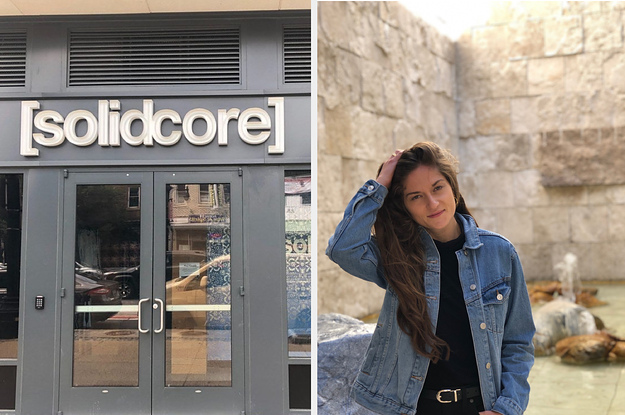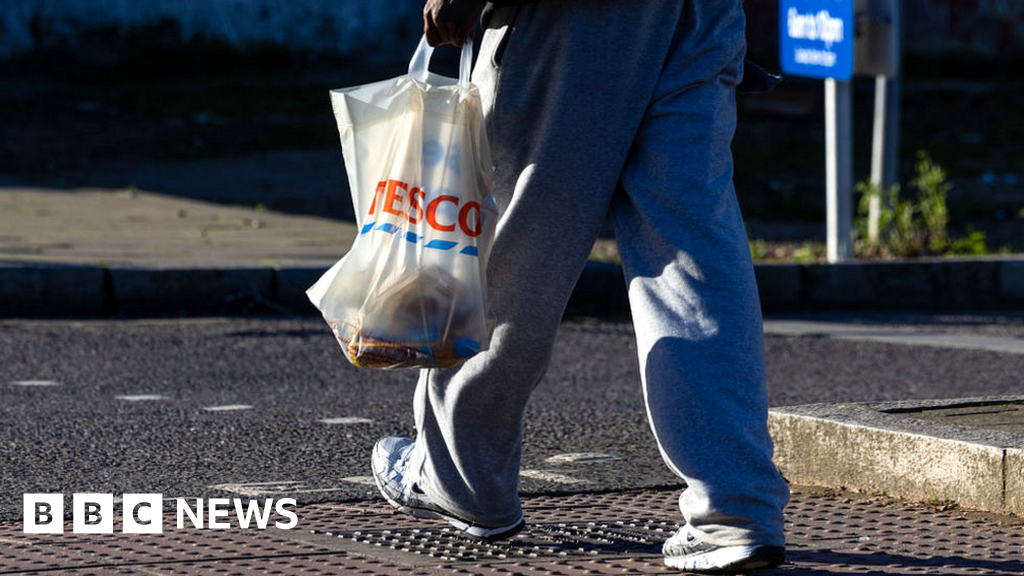Former Employees At Central Casting, Hollywood’s Legendary Agency For Background Actors, Say They Endured A Toxic, Grueling Workplace
Over the course of nearly 100 years, Central Casting has come to dominate the TV and film industry as a major source of employment for thousands of actors across networks, studios, and streaming platforms. But current and former employees say that power has gone unchecked internally, creating what they say is a toxic workplace where complaints of racism, typecasting, and mistreatment are ignored and managers use intimidation and bullying to run the operation.
BuzzFeed News spoke to one current and 11 former employees about their experiences at Central Casting, all of whom wanted to remain anonymous for fear of retribution in the industry. Six employees said they sent a group email to company executives in June about how the company can improve the toxic work environment, took part in a subsequent internal HR investigation, and were then laid off in July and August.
The employees said they were told their jobs were being eliminated due to cuts because of the coronavirus’s impact on the company’s bottom line. But some of them were confused; prior to their email to executives, they said, they were in good standing and even praised for their performance. The layoffs felt targeted, six former employees said, which left people fearful of speaking up.
“Laying off those employees fuels the toxic work environment because it looks like a threat,” the current employee said.
Former employees said it was common for staffers to be yelled at and cry openly in the office at their desk. They also said the company buries complaints it receives from actors about work conditions on set, including sexually inappropriate behavior, as well as getting typecast into certain roles based on their race.
“Central Casting is responsible for the treatment, employment, and facilitation of careers for thousands of people, both in their own company and the people they represent,” one former employee said. “There are people who rely on them, and Central Casting couldn’t care less about what goes on there as long as they are getting their money.”
In a statement, Central Casting’s parent company, Entertainment Partners, said “we are already aware of some of these issues and are taking them seriously.”
“Our company maintains a workplace free of discrimination, harassment and retaliation and follows all applicable equal employment opportunity laws,” the agency said. “We investigate all employee complaints thoroughly, including those issues raised here, and review, evaluate and implement changes as appropriate to ensure a safe, diverse and inclusive workplace that is welcoming to all employees.”
With offices in Los Angeles, New York, Georgia, and Louisiana, the agency is the number one hub for background actors to book gigs. Its website and Instagram account boast credits on hundreds of hit shows, including Grace and Frankie, Brooklyn Nine-Nine, Law & Order, Dead to Me, You, American Horror Story, Dear White People, The Morning Show, and This Is Us. The agency also lists Brad Pitt, Kristen Wiig, Eva Longoria, and Tiffany Haddish as some of its famed alumni on its website. As one former employee put it, “If you’re working background in LA, you’re working with Central Casting.”
We want your help! If you have more information or a tip regarding your experience with Central Casting or in Hollywood, contact krystie.yandoli@buzzfeed.com, or reach us securely at tips.buzzfeed.com.
Background actors opt to be a part of Central Casting’s database, where they are then selected to fill roles on the sets of films and TV shows. Casting directors are then responsible for being the go-between for film and TV productions and the background actors.
But the employees said the same culture of toxicity and indifference they faced on a daily basis in the office affected how Central Casting handled complaints filed by actors about how they were treated on set.
Former employees said it was common for background actors to complain about how they were being typecast into stereotypical roles based on their race. According to the employees, there’s a coded language that’s used to discuss casting actors as “perpetrators, crackheads, and terrorists” and when casting “a main character who goes to school in a ‘rough’ area but lives in ‘a good area.’”
“A lot of Middle Eastern background actors who’ve worked on shows like Homeland and S.W.A.T. would call in [to Central Casting] and be like, ‘I’d love to do other roles; I don’t only want to be a terrorist,’” a former employee said.
One former employee said when they tried to cast interracial couples and Asian Americans for a network TV sitcom, they were told by the production to only hire couples of the same racial background and that they “only want real Asians.” The former employee also said they were told by a white lighting director not to cast “darker-skinned Black actors because they’re harder to light.”
“If your lighting team isn’t good enough to light the whole spectrum of human color, your lighting team needs to be better,” the employee said.
One former employee said they received a number of complaints from actors who worked on prominent showrunner Ryan Murphy’s Hollywood, which started streaming on Netflix in May. After working one day on set, they said, background actors called to cancel for the next day’s shoot because they experienced heat exhaustion and weren’t given enough water or allowed to sit down on set for the entire day.
A Netflix spokesperson said this isn’t true and that the production followed all safety guidelines on set.
Another former employee said they got a complaint about how a main actor on the set of ABC’s Black-ish touched a woman background actor inappropriately and made her uncomfortable.
“There’s a massive power dynamic between background actors and everyone else on set, and these productions shouldn’t be able to get away with this when the productions are names like Ryan Murphy and Black-ish and all these huge shows that have huge followings,” a former employee of Central Casting said.
ABC did not respond to a request for comment.
But when it came to protocols for handling the complaints, former employees said, they were instructed to forward the actors to a voicemail number for a talent relations representative — but the same actors would then call back and say they were frustrated that they never got a response. Former employees said they had also received phone calls about incidents of sexual harassment on set; often, background actors would call Central Casting with complaints because they had never received a response from talent relations.
“I noticed that a lot of people would call back constantly who were scared to death about whatever was happening to them on set, and no one was there to help them,” a former employee said. “It was really hard to get a hold of someone who would do something about these problems.”
According to some former employees, actors were hesitant to report incidents that occurred on set because they were afraid they wouldn’t be hired for future jobs. They were also wary of a rumored “blacklist” for background actors, which former employees said is not real. However, they did say Central Casting knows it’s the main agency in town and uses its position to its advantage.
Typecasting and feeding into racial stereotypes is a larger issue that isn’t exclusive to Central Casting — but as the leading agency for background actors in Hollywood, one former employee said, it still perpetuates typecasting in a big way.
“That’s basically what casting is: playing into these clichés that we all have in our brains about certain situations and how we picture certain types of people. It’s not necessarily Central’s fault, because productions ask for casting breakdowns, and a lot of these issues are because of systemic racism,” one former employee said. “It’s about what everybody’s perception of these things are, and it’s hard to pinpoint where that starts — but in casting it was like, ‘Fill in the cliché as much as you can.’”







